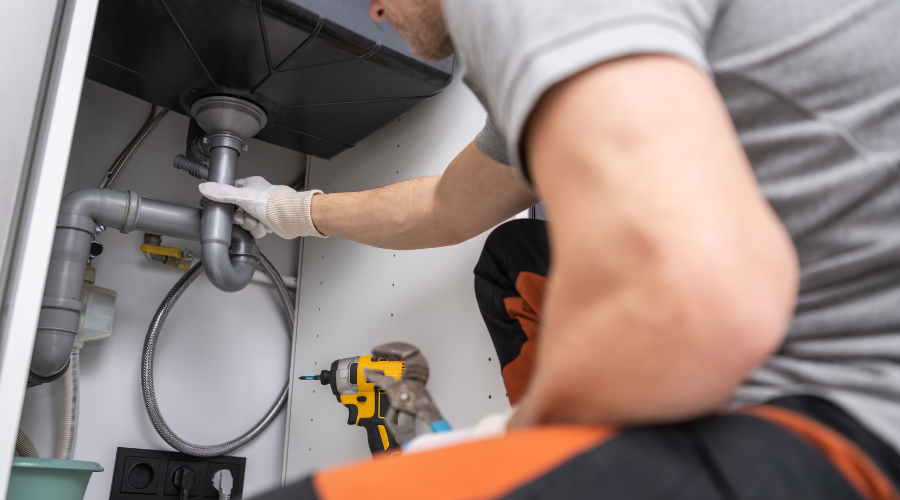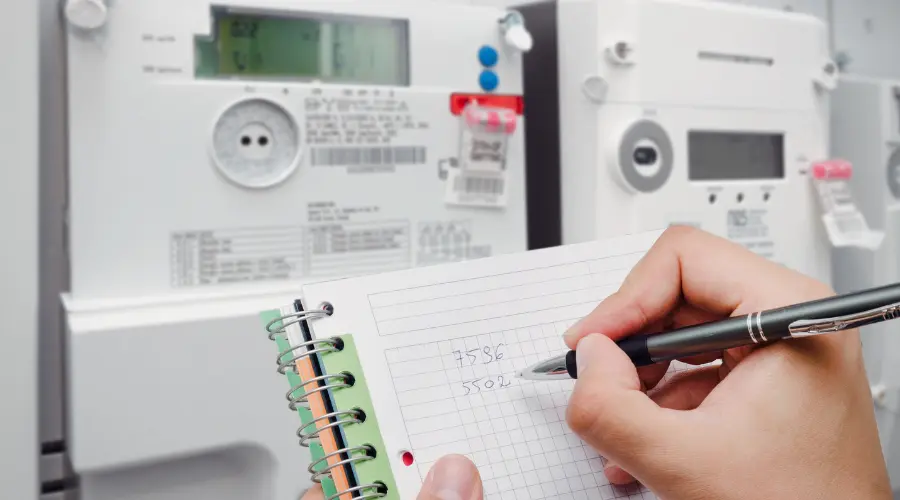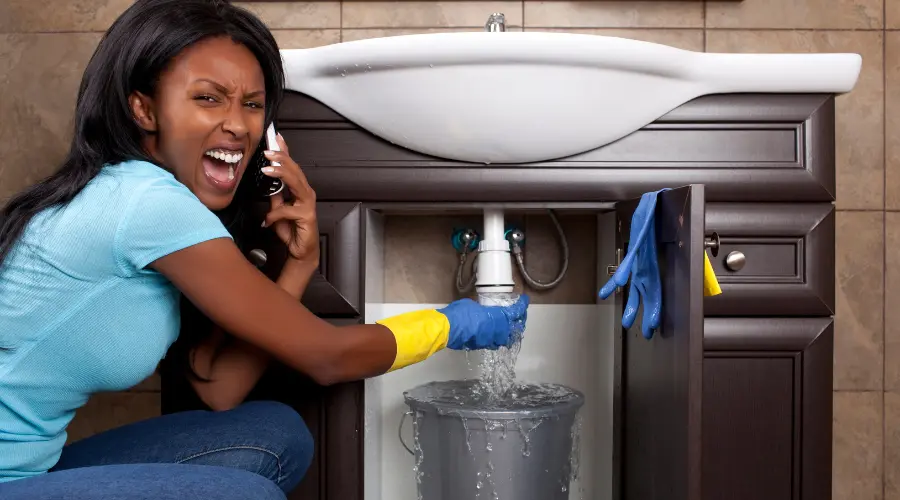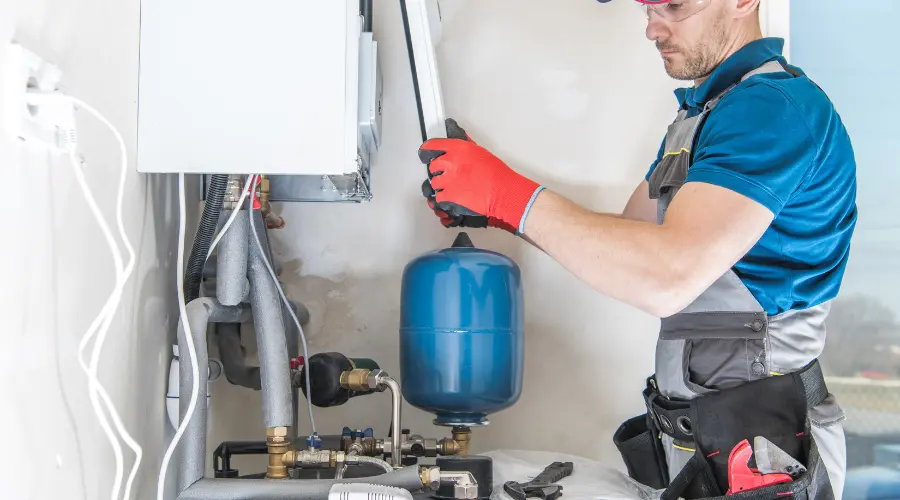Key Takeaways:
- Plumbing leaks waste over 1 trillion gallons of water annually in the U.S., leading to high water bills and costly repairs.
- Common causes of plumbing leaks include clogged pipes, corrosion, broken seals, tree root intrusion, and high water pressure.
- Preventative maintenance can help avoid plumbing leaks and save homeowners from expensive repairs.
- Regular inspections by a professional plumber can detect leaks early and prevent major water damage.
Understanding Plumbing Leaks: Causes, Prevention, and Solutions
Plumbing leaks are a common yet costly problem for homeowners. If left unchecked, they can lead to structural damage, mold growth, and high water bills. Understanding the causes of leaks and knowing how to prevent them can save you from unnecessary expenses and water wastage. Below, we explore the major causes of plumbing leaks, along with practical solutions to keep your plumbing system in top shape.
Major Causes of Plumbing Leaks
1. Clogged Pipes
Clogged pipes are one of the most frequent causes of leaks in homes. Blockages occur when debris, grease, food particles, or other foreign substances accumulate in your plumbing system. These clogs exert pressure on your pipes, which can lead to cracks or even bursts.
How to Prevent Clogged Pipes:
- Avoid disposing of grease and food waste down the sink.
- Use drain strainers to catch debris before it enters your pipes.
- Flush your drains with hot water regularly to clear minor buildups.
If a clog persists, consider calling a professional plumber to inspect and clear the pipes before it leads to more severe leaks.
2. Corrosion
Over time, metal pipes corrode due to exposure to water and minerals. This corrosion weakens pipes, making them more susceptible to leaks. Homeowners should be aware of signs like discoloration or rust on pipes, as these indicate that corrosion has begun.
How to Prevent Pipe Corrosion:
- Replace old metal pipes with corrosion-resistant materials like PVC or PEX.
- Regularly check for signs of rust and discoloration.
- Install a water softener if your home has hard water, which accelerates corrosion.
3. Broken Seals
When your plumbing system was initially installed, seals were placed around joints and pipe connections to prevent leaks. However, these seals can wear out over time, leading to water leaks around appliances such as dishwashers and washing machines.
How to Address Broken Seals:
- Look for water puddles or condensation around appliances.
- If you notice leaks, have a plumber inspect and replace the worn-out seals.
- Perform regular maintenance checks to ensure seals remain intact.
4. Tree Root Intrusion
Tree roots are naturally drawn to water sources and can infiltrate underground pipes, causing significant damage. If you frequently experience pipe bursts near a tree in your yard, root intrusion may be the culprit.
How to Prevent Tree Root Damage:
- Be cautious when planting trees near your home’s plumbing system.
- Install root barriers to protect underground pipes.
- If you suspect root intrusion, a plumber can use a camera inspection to confirm and address the issue.
5. High Water Pressure
While strong water pressure is great for showers, excessively high pressure can stress your pipes, leading to leaks or bursts. This issue is particularly common during heavy rainfall when municipal water supply pressures fluctuate.
How to Manage Water Pressure:
- Install a pressure regulator to maintain safe water pressure levels.
- Monitor your water pressure using a gauge (recommended pressure: 40-60 psi).
- If you notice sudden pressure changes, consult a plumber to adjust your system.
Preventing Plumbing Leaks: Proactive Measures
Preventative maintenance can go a long way in preventing plumbing leaks and minimizing water waste. Here are some proactive steps every homeowner should take:
- Regularly inspect pipes and plumbing fixtures for visible leaks, rust, or moisture accumulation.
- Keep an eye on your water bill—an unexpected increase could indicate a hidden leak.
- Use a water leak detection system that alerts you to potential leaks before they cause damage.
- Know where your main water shut-off valve is located so you can quickly stop water flow in case of a major leak.
- Schedule annual plumbing inspections to detect and address issues before they worsen.
Frequently Asked Questions (FAQ) About Plumbing Leaks
Q: How can I tell if I have a hidden plumbing leak?
A: Common signs of hidden leaks include an unexplained increase in your water bill, damp or discolored walls, musty odors, and the sound of running water when no taps are on. If you suspect a leak, a plumber can conduct a leak detection test.
Q: Can a small leak really cause major damage?
A: Yes! Even a small leak can lead to mold growth, structural damage, and increased water bills. Addressing leaks early can prevent costly repairs.
Q: What should I do if I find a leak?
A: If you find a leak, turn off your main water supply to prevent further damage. Then, contact a professional plumber to assess and repair the issue.
Q: How often should I check my plumbing for leaks?
A: It’s recommended to inspect your plumbing system at least twice a year. Look for signs of leaks, corrosion, or weak pipe joints.
Q: Are there any DIY solutions for minor leaks?
A: Yes, temporary fixes include using plumber’s tape, pipe clamps, or epoxy putty to seal small leaks. However, professional repair is recommended for long-term solutions.
Q: Can high water pressure really cause leaks?
A: Absolutely! Excessive water pressure puts strain on your pipes, leading to cracks and leaks over time. Installing a pressure regulator can help prevent this issue.
Q: Do all plumbing leaks require professional repair?
A: Not necessarily. Minor leaks, such as a dripping faucet, can often be fixed with simple DIY methods. However, for significant leaks, broken pipes, or water damage, calling a professional is the best course of action.
Q: How can I prevent frozen pipes from leaking?
A: Insulate exposed pipes, keep a slow trickle of water running in extreme cold, and maintain indoor temperatures above freezing to prevent pipes from bursting.
Final Thoughts
Plumbing leaks are more than just a minor inconvenience—they can lead to major water wastage, costly repairs, and structural damage if left unattended. By understanding the causes of plumbing leaks and implementing preventative measures, homeowners can protect their properties and save money in the long run.
If you suspect a plumbing leak in your home, don’t wait—contact a west new york plumber today to prevent further damage and costly repairs.




